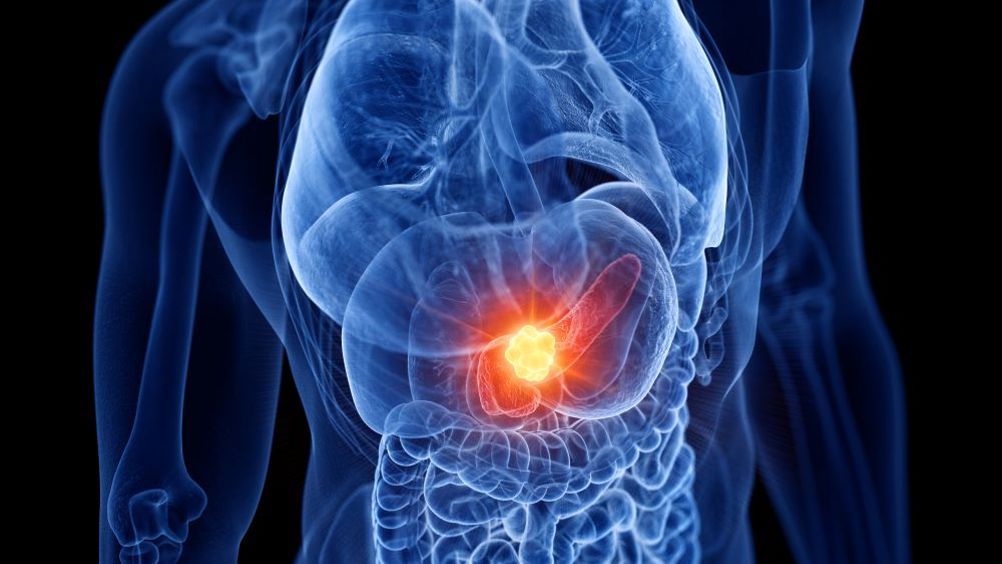References
How pancreatic cancer impacts carers in the UK: why do we know so little?

Abstract
Background:
Pancreatic cancer is a disease with poor life expectancy and high symptom burden. The experiences of the spouses, family and friends who care for this group is poorly understood, especially during palliative care and within the UK.
Aims:
To highlight the current gaps within research and provide some insight into the challenges faced by carers assisting those living with pancreatic cancer, and how community nurses can support this group.
Methods:
A total of five research databases were searched using the terms ‘pancreatic cancer’, ‘carer’ and ‘experience’. Cancer and palliative charity websites were also referenced for grey literature.
Findings:
There is limited research exploring pancreatic cancer carers experiences in the UK healthcare system and community. Available information suggests that this group is likely to face significant psychological and physical challenges to caring.
Conclusions:
It is vital for community nurses to have an awareness of challenges this group face, to better recognise and support these vulnerable carers.
Pancreatic cancer is often diagnosed late, having a devastating impact on both the patient and the people around them. Yet, the authors have not identified any research that explores the experiences, challenges and well-being of those caring for people with pancreatic cancer within the UK. It is recognised that, generally within the UK, carers are managing increasingly complex health conditions, with limited support and resources. It is likely that pancreatic cancer carers are no exception. As tumours in the pancreas are often diagnosed in the late stages, families are often confronted with managing severe symptoms and complex medical regimes, while processing the often poor prognosis. Due to the extreme nature of this cancer, it is important for healthcare professionals to understand the impact of this on carers. Community nurses are especially well placed to identify and support this group.
The term ‘carer’ can be used to describe any individual who provides unpaid care to another person in day-to-day life (NHS England, 2022). Carers' support can be practical, emotional, financial, and spiritual (Hudson and Payne, 2009), and they often lead the organisation of professional care and appointments (World Health Organization (WHO), 2020). Carers play an essential role in allowing the people they care for to live and die in their own homes (Farquhar and Moore, 2017). The WHO (2020) acknowledges family members can have needs, which often parallel, or even outweigh, the person they are caring for. However, many people who meet this description do not recognise that the term applies to them or dislike the connotations of the label (Argyle, 2016). For example, they prefer to identify themselves primarily as a ‘daughter’ rather than as a ‘carer’.
Register now to continue reading
Thank you for visiting Community Nursing and reading some of our peer-reviewed resources for district and community nurses. To read more, please register today. You’ll enjoy the following great benefits:
What's included
-
Limited access to clinical or professional articles
-
New content and clinical newsletter updates each month

